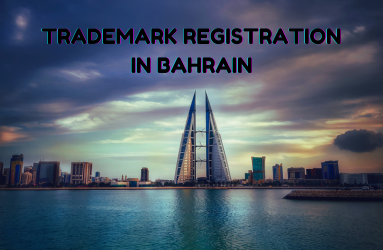Debunking Common Misconceptions About Intellectual Property

Table of Contents
Debunking Myths and Misconceptions that business/brand owners have about Intellectual Property
Today what matters as a brand is to distinguish oneself from the competition and make your mark in the marketplace. Trademark registration and copyright protection have become an inevitable part of running a business. While business owners have grown to realize the significance of securing their intellectual pursuits, there still lurks some misconceptions and IP Myths in their minds about the process. In this article, we aim to bust some of the common misconceptions and myths that hover around trademark, copyright, and intellectual property, at large.
Individuals and Companies must research what intellectual property they own and why is it important for the growth of their business.
1. I’m a small-scale business. Why would I need a trademark registration?
We’ve heard this umpteen number of times from business owners, and we just cannot seem to agree with this statement. However small you are or whatever nascent stage you seem to be at, a case of infringement bears no prejudice based on the scale or success of the business. Your brand is as vulnerable to IP violation as any other biggie out there in the market. Delaying to guard your IP rights can prove to be too much of a hassle for you in the long run. The quicker you register your mark, the better!
2. Getting a Patent equals Global Protection
If you are thinking of expanding your operations globally, but hold a patent only in the nation your business originated, then that wouldn’t be sufficient to guarantee you worldwide protection. Catering to global consumers would require you to obtain a patent in each country you want to extend your offering. Additionally, your business must ensure that it adheres to every individual country’s specific intellectual property laws. It would be a worthwhile task to refer to a list of intellectual property offices that fall under World Intellectual Property (WIPO).


3. If my work doesn’t have a Copyright symbol, someone can infringe on my Rights
Before the digital era kicked in, a published work is considered copyright protected provided, it had the symbol of copyright on it. In case the work is devoid of this symbol, it automatically opened the doors for the public to use or adapt it. With digital technology seeping into every aspect of our life, during the late 80s, a change of law in the US covered the security of these works, regardless of the affixion of a copyright label on it. Of course, a valid copyright notice on your material will certainly go a long way in informing the public that your work is not copyable just because it is out there in the public domain.
4. Proving Copyright Infringement is too Taxing
Many business owners avoid filing copyright infringement cases as they think taking the infringer to a court or suing them is a tedious process. But in reality, it is not as taxing as one thinks. If you are trying to prove infringement has occurred, two main things to consider here are a. The resemblance that arises between the two works is not coincidental, b. If the infringer strikes back and claims authorship over the work, the actual owner should have a valid registration certificate that provides evidence of the original claim.
Conclusion
Now that we’ve busted some of your myths, you might be interested to know more about how we can help you secure your intellectual rights in the United Arab Emirates (UAE), Gulf Cooperation Council (GCC) region, and the Middle East. Contact us for a complimentary consultation at +971 4 282 2677 or email us at [email protected].






